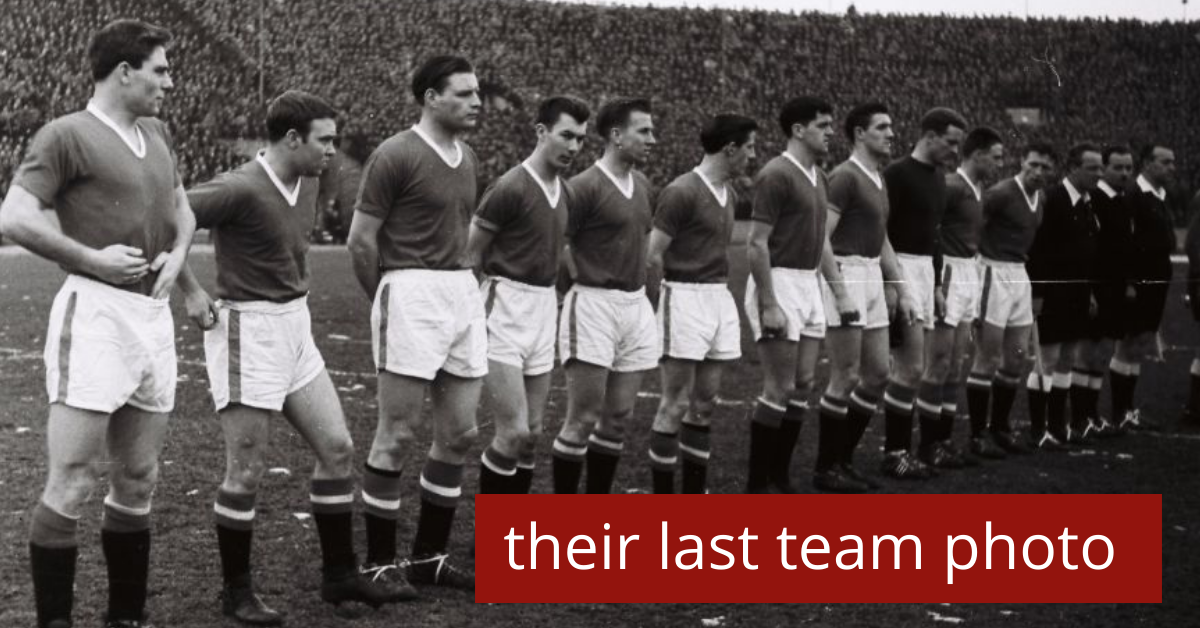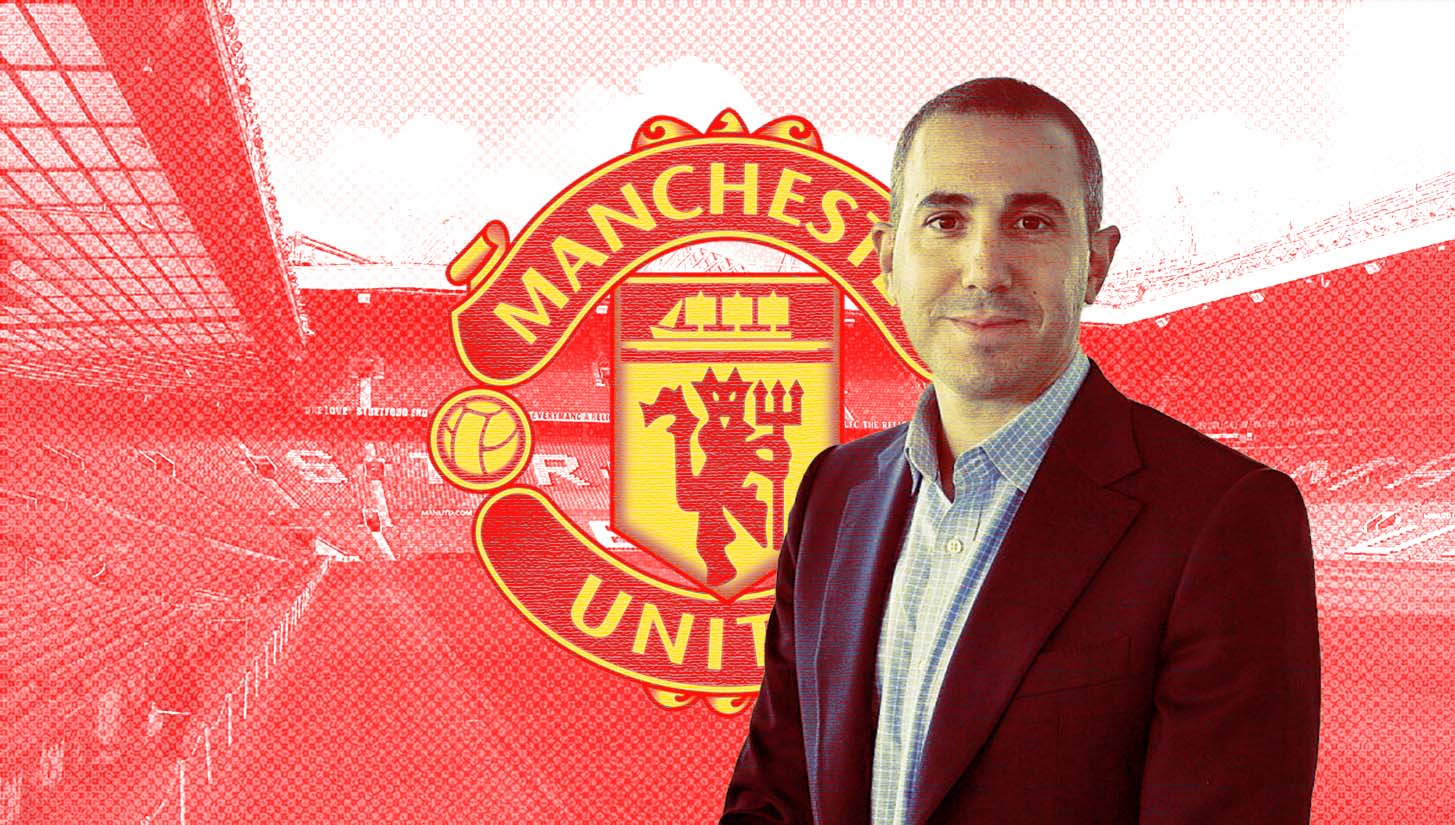Manchester United plane crash, specifically the Munich air disaster of 1958, remains one of the darkest days in football history. This devastating event claimed the lives of eight Manchester United players, along with supporters, journalists, and crew, forever etching itself into the club’s legacy and the annals of sporting tragedy. The crash not only shattered a promising team but also profoundly impacted the lives of countless individuals and the future of the sport itself.
This account delves into the historical context, the personal stories of the victims, and the lasting impact of this catastrophic event.
The disaster unfolded on February 6, 1958, as the British European Airways flight carrying the Manchester United team, nicknamed the “Busby Babes,” crashed on its third attempt to take off from a slush-covered runway in Munich. The immediate aftermath was chaotic, with rescue efforts hampered by the severe conditions. The loss was immense, affecting not only the football club but also the wider community and the global sporting world.
The event spurred significant changes in air safety regulations and forever altered the way football clubs approach player travel and safety.
The Munich Air Disaster: A Tragedy That Shaped Manchester United: Manchester United Plane Crash
The Munich air disaster, which occurred on 6 February 1958, remains one of the darkest days in the history of Manchester United Football Club and British football as a whole. The crash, which claimed the lives of 23 passengers, including eight Manchester United players, irrevocably altered the course of the club and left an enduring legacy on the sport.
This article explores the historical context, the victims, the aftermath, and the lasting impact of this devastating event.
The Munich Air Disaster: Historical Context
The year 1958 was a time of post-war recovery and burgeoning optimism in Britain. However, the Cold War remained a significant geopolitical concern, and societal changes were underway, particularly in the burgeoning popularity of football. Manchester United, under the charismatic management of Matt Busby, were at the pinnacle of their success, enjoying a dominant run in the Football League and having recently played in the European Cup, a newly established competition.
Their journey home from a European Cup tie against Red Star Belgrade, in what was then Yugoslavia, involved multiple stops and delays, ultimately leading to the fateful flight on a British European Airways Airspeed Ambassador aircraft.
The flight, BEA 609, was scheduled to depart from Munich-Riem Airport. After two unsuccessful attempts to take off due to adverse weather conditions – icy runway conditions and heavy snow – the third attempt ended tragically. The plane overran the runway, crashed through a fence, and struck a house before bursting into flames. The immediate aftermath was chaotic, with rescuers struggling to reach the scene amidst the wreckage and harsh weather.
Many of the survivors suffered severe injuries.
Victims of the Munich Air Disaster: Personal Stories

The Munich air disaster claimed the lives of players who were at the heart of the “Busby Babes,” a talented young team that had captured the imagination of the nation. These were not just footballers; they were individuals with unique personalities, dreams, and futures cut tragically short. Beyond the players, the disaster also claimed the lives of club officials, journalists who covered the team, and support staff, all integral parts of the Manchester United family.
Find out about how premier league 93/94 can deliver the best answers for your issues.
The loss extended beyond the immediate victims, deeply impacting their families and loved ones who continue to grapple with the consequences of this event.
| Name | Age | Role |
|---|---|---|
| Roger Byrne | 28 | Manchester United Player |
| Duncan Edwards | 21 | Manchester United Player |
| Eddie Colman | 21 | Manchester United Player |
| Mark Jones | 24 | Manchester United Player |
| David Pegg | 22 | Manchester United Player |
| Tommy Taylor | 26 | Manchester United Player |
| Liam Whelan | 22 | Manchester United Player |
| Geoff Bent | 25 | Manchester United Player |
The Aftermath and its Impact on Manchester United
The immediate response to the tragedy was one of shock and grief, not just within Manchester United but across the entire football world. The club faced the immense challenge of rebuilding, both its team and its morale. The club, under the leadership of Matt Busby who himself was seriously injured, demonstrated resilience.
New players were brought in, and a new generation of talent emerged, but the shadow of Munich lingered for years. The disaster profoundly impacted the club’s culture and identity, fostering a sense of unity and shared experience among its supporters and players. While the team’s immediate performance suffered, Manchester United eventually regained its competitive edge, showcasing the enduring spirit of the club.
Memorials and Remembrance, Manchester united plane crash
Numerous memorials and tributes have been erected to honor the victims of the Munich air disaster. These serve as poignant reminders of the tragedy and the enduring legacy of the players and others who perished. These memorials provide places for reflection, remembrance, and a shared sense of loss.
- The Munich Air Disaster Memorial at Old Trafford: A permanent memorial at the stadium, featuring a poignant inscription and space for reflection.
- The Munich Air Disaster Memorial at Munich-Riem Airport: A memorial near the site of the crash, honoring all the victims.
- Individual memorials dedicated to specific players: Several players have individual memorials in their hometowns or places of significance.
Annual memorial services are held at Old Trafford, drawing large crowds of supporters and family members. The atmosphere is one of solemn remembrance, punctuated by moments of shared grief and quiet reflection. The weight of history is palpable, with a sense of respect and sorrow for the lives lost.
The Legacy of the Munich Air Disaster
The Munich air disaster had a profound and lasting impact, leading to significant improvements in air safety regulations and procedures. The tragedy highlighted the need for better safety standards in air travel, prompting stricter regulations and enhanced training protocols. In the football world, the disaster prompted a re-evaluation of player travel arrangements and safety protocols. The event remains a significant touchstone in the history of football, shaping the way clubs approach player safety and travel arrangements.
The continued remembrance through documentaries, books, and annual memorials ensures that the memory of the Munich air disaster and its victims remains alive in the hearts and minds of generations.
The Munich air disaster stands as a poignant reminder of the fragility of life and the enduring power of remembrance. While the tragedy irrevocably altered the course of Manchester United and the lives of those affected, the club’s resilience and the unwavering support of its fans have ensured that the memory of the “Busby Babes” lives on. Memorials and tributes worldwide continue to serve as powerful symbols of respect and a testament to the enduring legacy of those lost in Munich.
The disaster continues to resonate today, prompting ongoing discussions about air safety and the importance of remembering those who perished.


